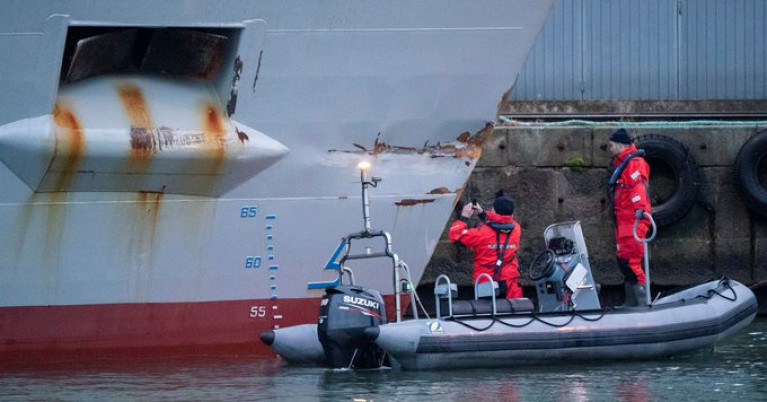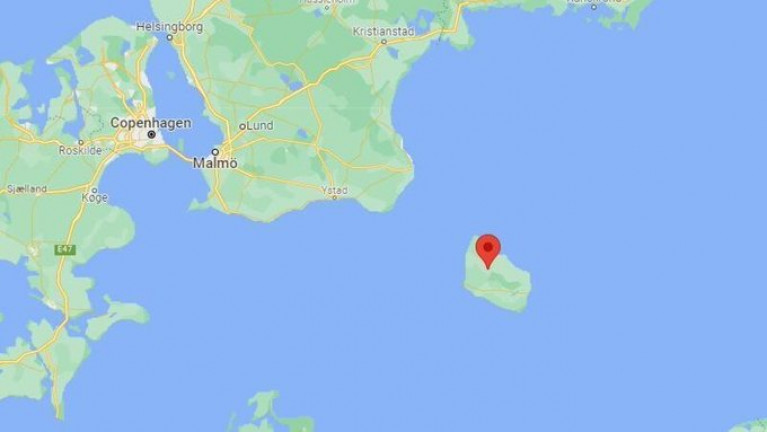Displaying items by tag: Cargoships Collide
Swedish Prosecutor to Free One Suspect Held Over Cargoship's Collision in Baltic Sea
A Swedish prosecutor has said on Wednesday, according to Reuters, that one of two crew members of a British cargo vessel held after a collision capsized a Danish barge in the Baltic Sea would be released from custody.
The second crew member remains in detention.
At least one person, a Danish crew member from the 55-metre barge Karin Hoj, died in the collision with the 90-metre Scot Carrier, which occurred in fog and darkness off the Danish island of Bornholm in the early hours of Monday.
The prosecutor said a Croatian national and crew member of the Scot Carrier had been released after suspicions receded, although he remained under investigation.
A British crew member, held over the collision on several counts including causing death through negligence, remains in custody, Public Prosecutor Tomas Olvmyr said in a statement.
More here from this story.
Baltic Sea: Danish & Swedish Authorities Said Cargoship Rescue Operation Under Way for at Least Two Crew
In the Baltic Sea two cargo ships have collided in an area between the Danish island of Bornholm and the southern Swedish city of Ystad.
As RTE News reports, the Danish and Swedish authorities said a rescue operation was under way for at least two people.
The ship Karin Hoej, registered in Denmark, had capsized and was upside down, the Swedish Maritime Administration said.
It had two people on board and they were missing, the Danish Defence's Joint Operations Centre (JOC) said.
The other ship, the British-registered Scot Carrier, was functional and its crew was safe.
Click here for more.
Afloat adds to track the current position of the Scot Carrier,click here.

























































